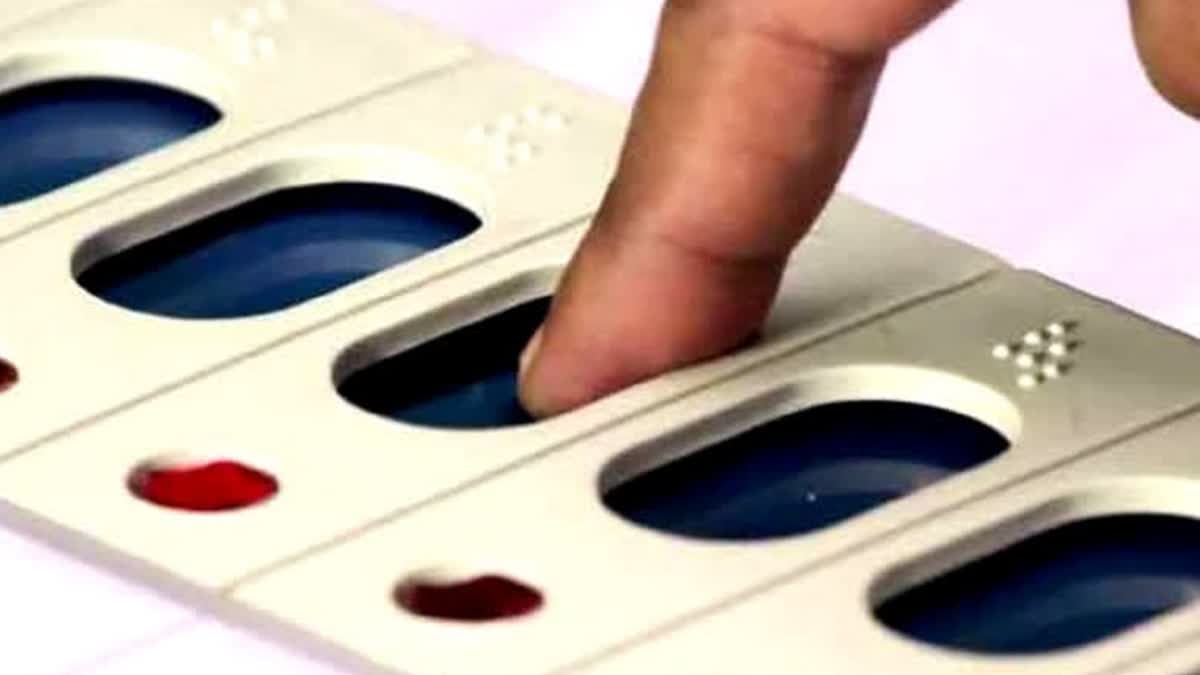Hyderabad: In the run-up to the Telangana assembly elections, a concerning trend has emerged on social media platforms of candidates attempting to sway voters through financial incentives thereby undermining the democratic process and the value of votes. Shockingly, some candidates are openly advocating for the purchase of votes, enticing voters with promises of monetary gains.
In a bid to win in fiercely contested races, these candidates are resorting to offering exorbitant amounts, raising questions about the integrity of the democratic process. one of the candidates of the two major parties is spending Rs 2,000 for each of the total 1.50 lakh voters, and another opposition candidate has distributed 1 thousand each among one lakh voters.
Reports said that candidates of major parties are spending lakhs of rupees to sway voters. Besides cash, reports also said that the candidates are also distributing meat and liquor to influence voters in the upcoming assembly elections. Such allegations have been reported from the 12 constituencies of the joint Nalgonda district.
Reports said that some candidates are also targeting migrant voters to sway them with financial incentives. Such incidents should serve as a wake-up call for voters who ought to ponder the real worth of their democratic right. The message underscores the significance of conscientious voting, emphasizing that even if a candidate is offering Rs 5,000 for a vote, the ultimate return to the voter is a paltry Rs 2.74 per day when calculated for the five years of the government.
Also read:Chhattisgarh first time voters: Congress party holds marathon to motivate them for voting
This calculation, extended over the course of a year or the full term of five years, reveals the meager compensation for a vote. The stark reality becomes even more apparent when considering the government's remuneration for elected representatives. The messages highlight that an MLA, elected to serve for five years, receives a monthly salary of Rs 2.50 lakhs, amounting to Rs. 1.50 crores over the course of their term.
Calculated on a daily basis, this equates to Rs 8,219 per day. Importantly, this figure only represents the basic salary and does not include additional allowances that elected representatives are entitled to. This revelation is intended to make voters reconsider the notion of selling their votes. By presenting the stark contrast between the immediate, albeit meager, financial gain from selling a vote and the substantial salary that elected representatives receive, the campaign aims to dissuade voters from compromising the integrity of the democratic process.
The argument posits that voters, upon realizing the comprehensive package that elected representatives receive, may rethink the short-term gains of selling their votes. Moreover, the messaging campaign underscores the long-term implications of selling one's vote. It warns that by succumbing to such inducements, voters jeopardize their right to question and hold their leaders accountable once they assume office.
The essence of democracy lies in the power of the people to elect leaders who genuinely represent their interests, and these messages implore voters to recognize and safeguard that power. In essence, the campaign urges citizens to value their votes not just in terms of immediate financial gains but as a crucial instrument in shaping the trajectory of their democracy and securing a better future.
